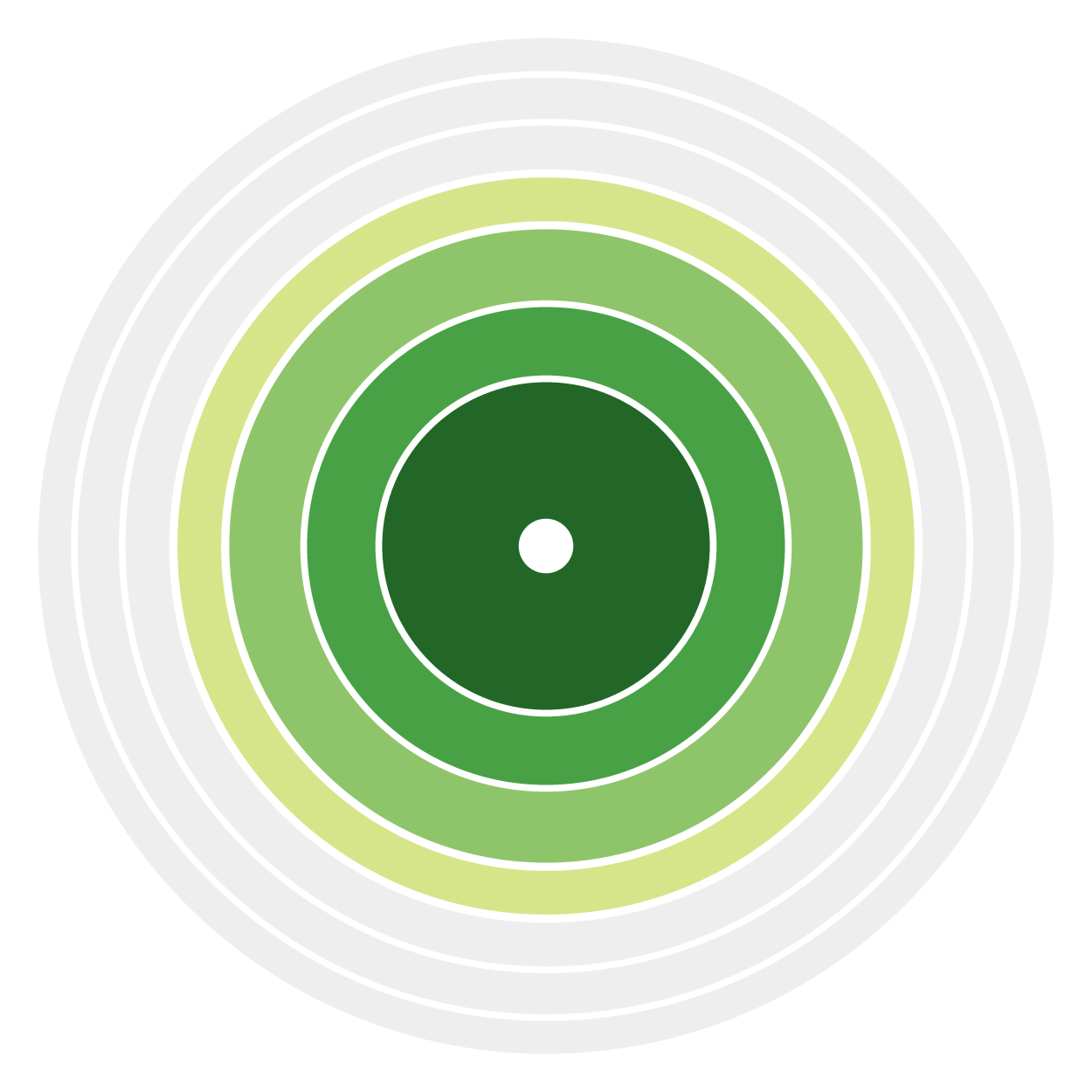Japanese vocabulary organized by JLPT level
Wikipedia JLPT N3 Vocab 1701-1744
QUICK STUDY
FLASHCARDS
DOWNLOAD
ichidan verb, intransitive verb
to shiver; to shake; to quake; to tremble; to quaver; to quiver(click the word to view an additional 2 forms, examples and links)
noun
1. fate; destiny (esp. as a mysterious force that binds two people together)2. relationship (e.g. between two people); bond; link; connection
(click the word to view an additional 3 readings, 4 meanings and 1 form, examples and links)
'ku' godan verb, transitive verb
1. to strike; to clap; to knock; to beat; to tap; to pat2. to play drums
(click the word to view an additional 4 meanings and 2 forms, examples and links)
Most common form: 唸る
'ru' godan verb, intransitive verb
1. to groan; to moan2. to roar; to howl; to growl
(click the word to view an additional 3 meanings and 2 forms, examples and links)
'mu' godan verb, intransitive verb
to smile(click the word to view an additional 3 forms, examples and links)
Most common form: かえる
2. to exchange; to interchange (usu. 換える)
(click the word to view an additional 1 meaning and 3 forms, examples and links)
Most common form: はく
'ku' godan verb, transitive verb
1. to vomit; to throw up; to spit up2. to emit; to send forth; to breathe out
(click the word to view an additional 2 meanings, examples and links)
Most common form: 下ろす
'su' godan verb, transitive verb
1. to take down (e.g. flag); to launch (e.g. boat); to drop; to lower (e.g. ladder); to let (a person) off; to unload; to discharge2. to drop off (a passenger from a vehicle); to let (a person) off (see also: 乗客を降ろす)
(click the word to view an additional 3 meanings and 3 forms, examples and links)
Most common form: かける
ichidan verb, intransitive verb
1. to be chipped; to be damaged; to be broken2. to be lacking; to be missing
(click the word to view an additional 2 meanings and 3 forms, examples and links)
noun
1. Buddha; merciful person; Buddhist image2. the dead; dead person; spirit of the dead
(click the word for examples and links)
ichidan verb, transitive verb
1. to stuff into; to jam; to cram; to pack; to fill; to plug; to stop upichidan verb, transitive verb, intransitive verb
2. to shorten; to move closer together(click the word to view an additional 9 meanings, examples and links)
Most common form: 登る
'ru' godan verb, intransitive verb
1. to ascend; to go up; to climb2. to ascend (as a natural process, e.g. the sun); to rise (usu. 昇る)
(click the word to view an additional 6 meanings and 4 forms, examples and links)
Most common form: つく
2. to take (seat, position, course, etc.); to assume (this meaning is restricted to form 就く)
(click the word to view an additional 2 meanings and 2 forms, examples and links)
noun
1. shade; shadow2. other side; back; background
(click the word to view an additional 2 forms, examples and links)
Most common form: つなぐ
2. to tie; to fasten; to restrain (often written with kana only)
(click the word to view an additional 3 meanings, examples and links)
Most common form: かえる
2. to exchange; to interchange (usu. 換える)
(click the word to view an additional 1 meaning and 3 forms, examples and links)
Most common form: すすめる
ichidan verb, transitive verb
to recommend; to advise; to encourage; to offer (wine)(click the word to view an additional 3 forms, examples and links)
2. to implore (a god for an oracle); to seek direction (from your superior)
(click the word to view an additional 2 meanings, examples and links)
Most common form: わずか
'na' adjective, adverb, noun
only; merely; (a) little; small quantity (often written with kana only)(click the word to view an additional 2 forms, examples and links)
'na' adjective, noun
1. enormous; vastnoun
2. malva nut(click the word to view an additional 1 form, examples and links)
ichidan verb, transitive verb
to give up; to abandon (hope, plans); to resign oneself (to)(click the word for examples and links)
Most common form: よろしい
good; OK; all right; fine; very well; will do; may; can (often written with kana only; honorific)
(click the word for examples and links)
Most common form: つかむ
'mu' godan verb, transitive verb
1. to seize; to catch; to grasp; to grip; to grab; to hold; to catch hold of; to lay one's hands on; to clutch (often written with kana only)2. to understand; to grasp; to comprehend (often written with kana only)
(click the word to view an additional 5 forms, examples and links)
'ru' godan verb, transitive verb
to scold; to chide; to rebuke; to reprimand (often written with kana only)(click the word to view an additional 3 forms, examples and links)
ichidan verb, intransitive verb
1. to drown; to nearly drown; to sink below the surface (of water) (often written with kana only)2. to indulge in; to lose one's head over something; to wallow in
(click the word for examples and links)
ichidan verb, intransitive verb
to bark; to bay; to howl; to bellow; to roar; to cry(click the word to view an additional 3 forms, examples and links)
Most common form: もっとも
conjunction
1. but then; although; though (often written with kana only)(click the word for examples and links)
ichidan verb, intransitive verb
1. to be idle; to slacken(click the word to view an additional 2 forms, examples and links)
Most common form: かかる
to suffer from (often written with kana only)
(click the word for examples and links)
Most common form: ひく
'ku' godan verb, transitive verb
to run somebody over (with vehicle); to knock someone down (often written with kana only)(click the word for examples and links)
Kanshudo is your AI Japanese tutor, and your constant companion on the road to mastery of the Japanese language.
To get started learning Japanese, just follow the study recommendations on your Dashboard.
You can use Quick search (accessible using the icon at the top of every page) to look up any Japanese word, kanji or grammar point, as well as to find anything on Kanshudo quickly.
For an overview, take the tour.




